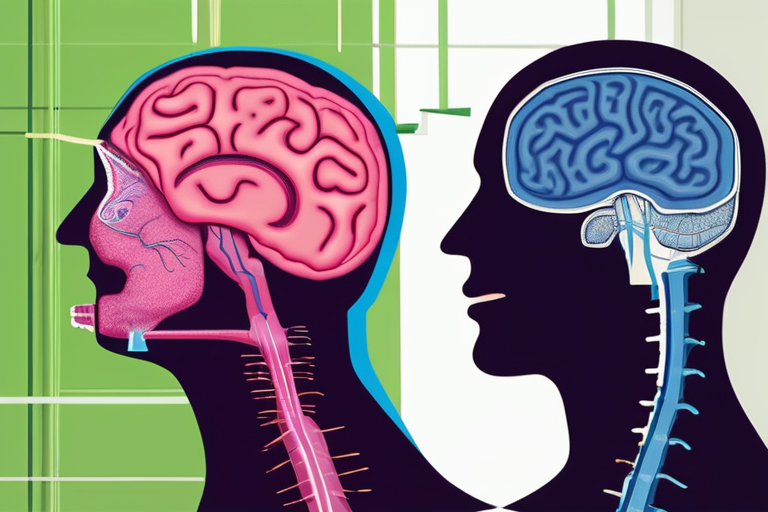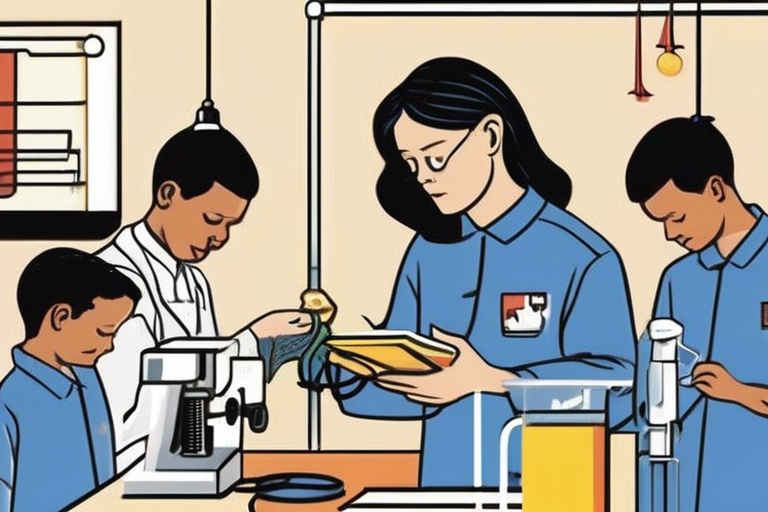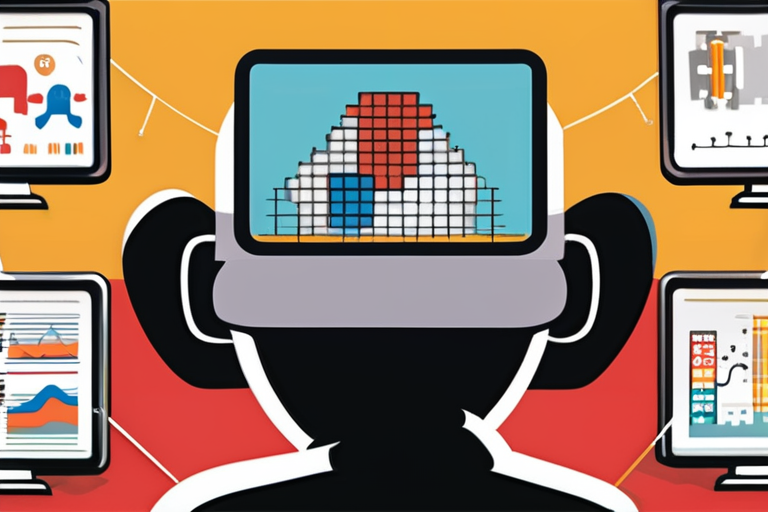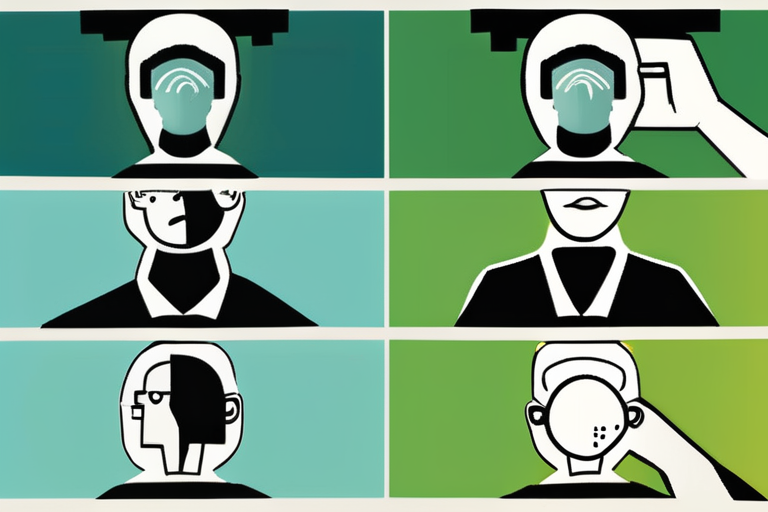

Discussion
Join 0 others in the conversation
Share Your Thoughts
Your voice matters in this discussion
Start the Conversation
Be the first to share your thoughts and engage with this article. Your perspective matters!
More Stories
Discover articles from our community

"Rise in Autism Cases Sparks Alarming Science Warning"
 Hoppi
Hoppi

Trump's Autism Claims Under Fire: Separating Fact from Fiction
 Hoppi
Hoppi

Autism Rates Soar: Uncovering the Hidden Causes Behind the Rise
 Hoppi
Hoppi

Trump Administration's Autism Conference Sparks Global Backlash and Financial Fears
 Hoppi
Hoppi

Dart Defies Critics: Uncovering the Taung Child's Secrets
 Hoppi
Hoppi

Autism Boom: Experts Clash Over Environmental vs Genetic Causes
 Hoppi
Hoppi

"Rise in Autism Cases Sparks Alarming Science Warning"
Autism Diagnoses on the Rise: New Research Suggests Improved Diagnostic Methods, Not Actual Increase in Cases A recent surge in …

Hoppi

Trump's Autism Claims Under Fire: Separating Fact from Fiction
Fact-Checking Trump's Claims on Autism: Separating Fact from Fiction In a recent news conference at the White House, US President …

Hoppi

Autism Rates Soar: Uncovering the Hidden Causes Behind the Rise
Autism on the Rise: What the Science Says A growing number of children are being diagnosed with autism spectrum disorder …

Hoppi

Trump Administration's Autism Conference Sparks Global Backlash and Financial Fears
Trump Administration's Autism Conference Sparks Global Outrage and Financial Concerns The Trump administration's recent press conference on autism research has …

Hoppi

Dart Defies Critics: Uncovering the Taung Child's Secrets
Fossil Fight: How Raymond Dart Countered Unfair Criticism In a groundbreaking discovery that would change the course of paleoanthropology forever, …

Hoppi

Autism Boom: Experts Clash Over Environmental vs Genetic Causes
Autism on the Rise: Unpacking the Mystery Behind the Increase In a recent press conference, Robert F. Kennedy Jr sparked …

Hoppi